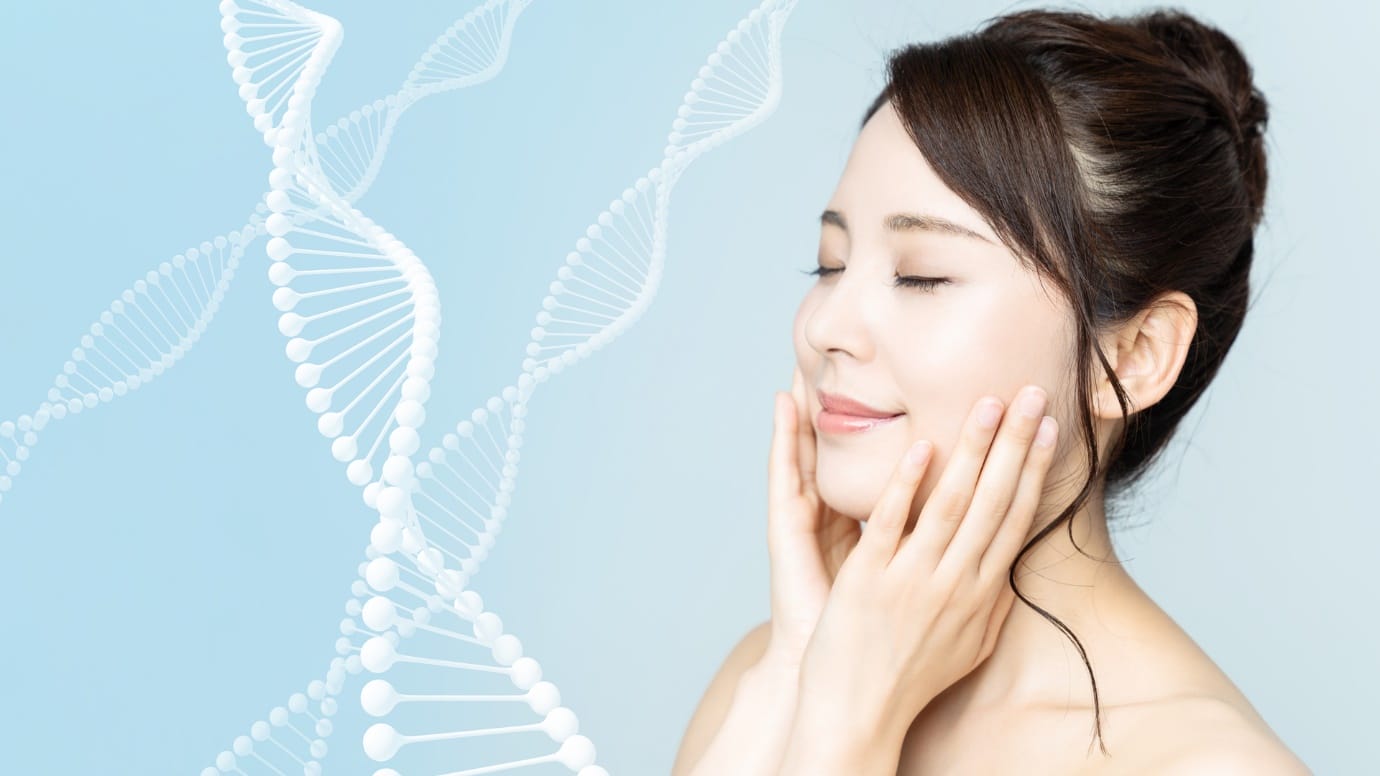We often think of DNA as offering a precise account of our personal histories – an abundance of information gathered from the generations that came before us. Owing to remarkable steps forward in researching techniques, this is largely true; we can look into our genetic ancestry, and understand more about the paths that led to the moment in which we all now stand.
What you may not know, however, is the practical benefits looking into your own DNA can bring. Beyond our social and cultural identities, DNA can offer extraordinary insight into our own bodies. By examining our genetic makeup, we can learn invaluable information about possible predispositions we might hold toward health conditions, specific dietary requirements, and even sleep.
Researchers are forever gaining remarkable insight into what it really means to be human – and to be healthy. Read more below.
Our DNA Is Not the Same as it was Twenty Years Ago
When we think of aging, we typically consider the tangible effects it can have on our bodies: stiffened joints, fine lines around the eyes, and greying hair. What many do not realise, however, is that aging changes us at the fundamental level, too.
We think of our DNA as a quantitative account of who we are – something that cannot be altered – but one of the most axiomatic traits of being human is fact that we are forever changing. Correspondingly, contemporary research into genetics has found that our DNA goes through its own changes as we age; while the sequences themselves are incredibly unlikely to change, a process known as methylation can alter the ways in which they behave – a fact which offers a new level of insight into aging at the nanoscopic level.
Clink on the image below to read more about the innovative research being made into the relationship between DNA and aging.
It Can Offer Insight into Your Specific Dietary Requirements
Certain genetic variants can predispose us toward obesity, food allergies and intolerances, and alter the ways in which our bodies respond to – and require – exercise and supplements. From just a small sample of saliva – and with the help of recent advancements in technology – it is possible to learn a great deal about our bodies’ unique composition, and how best to support our health.
Nutrigenomics is a term used to refer to the study of DNA and nutrition, and, in recent years, it has gained a great deal attraction among those seeking a more personalized route toward weight loss, and general wellbeing. Supplements do not affect everyone in the same way, and the best way to find what works for you is to study your own genetic makeup.
It May Well Contradict the 7-Hour Rule (For Some)
We are all aware of the need for plenty of sleep, some of us a far better acquainted with warm milk, lavender oil, and that endless flock of sheep than others. And while most of us have to be content with tracking our sleep through apps, scientists are taking it one step further by peering into our DNA.
Just recently, scientists uncovered a genetic mutation that enabled subjects to thrive on as little as four hours of sleep each night. While rare, it holds the potential to force us to rethink our understanding of sleep patterns, and the role our own DNA plays in determining an ideal lifestyle. With that in mind, cutting your sleep allowance in half is not recommended – unless you have the genes for it, of course.
Final Thoughts
Our DNA holds the foundations for human life, but it also offers the potential for gaining astonishing insight into our past, present, and future, and answers to some of the most pressing inquiries that have, until recently, remained largely unfathomable by science.




